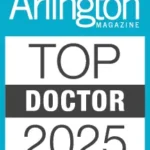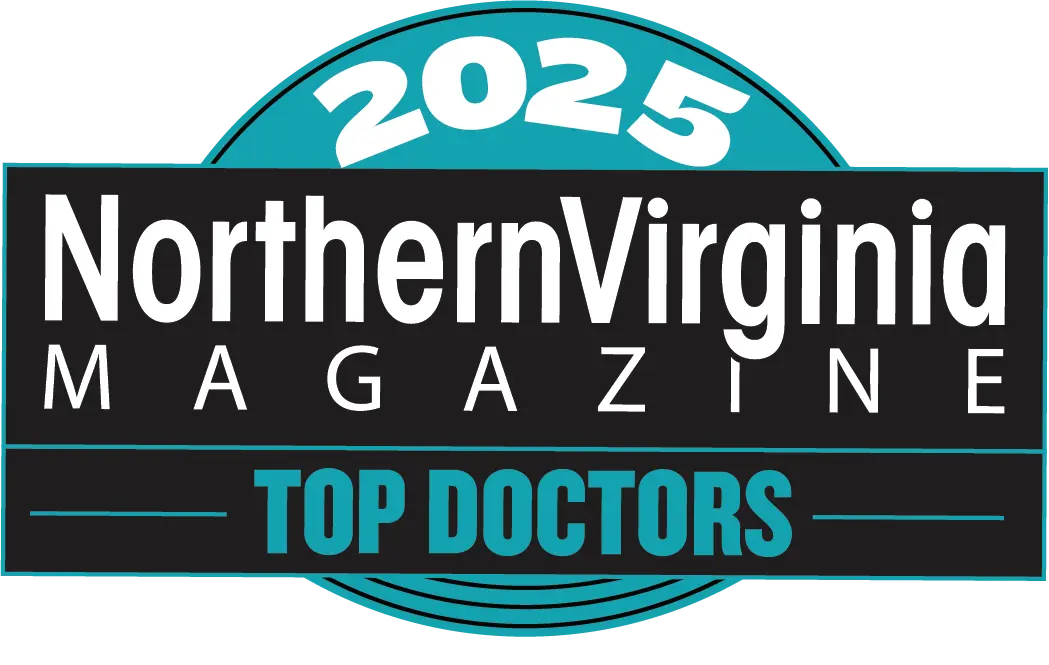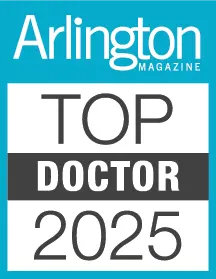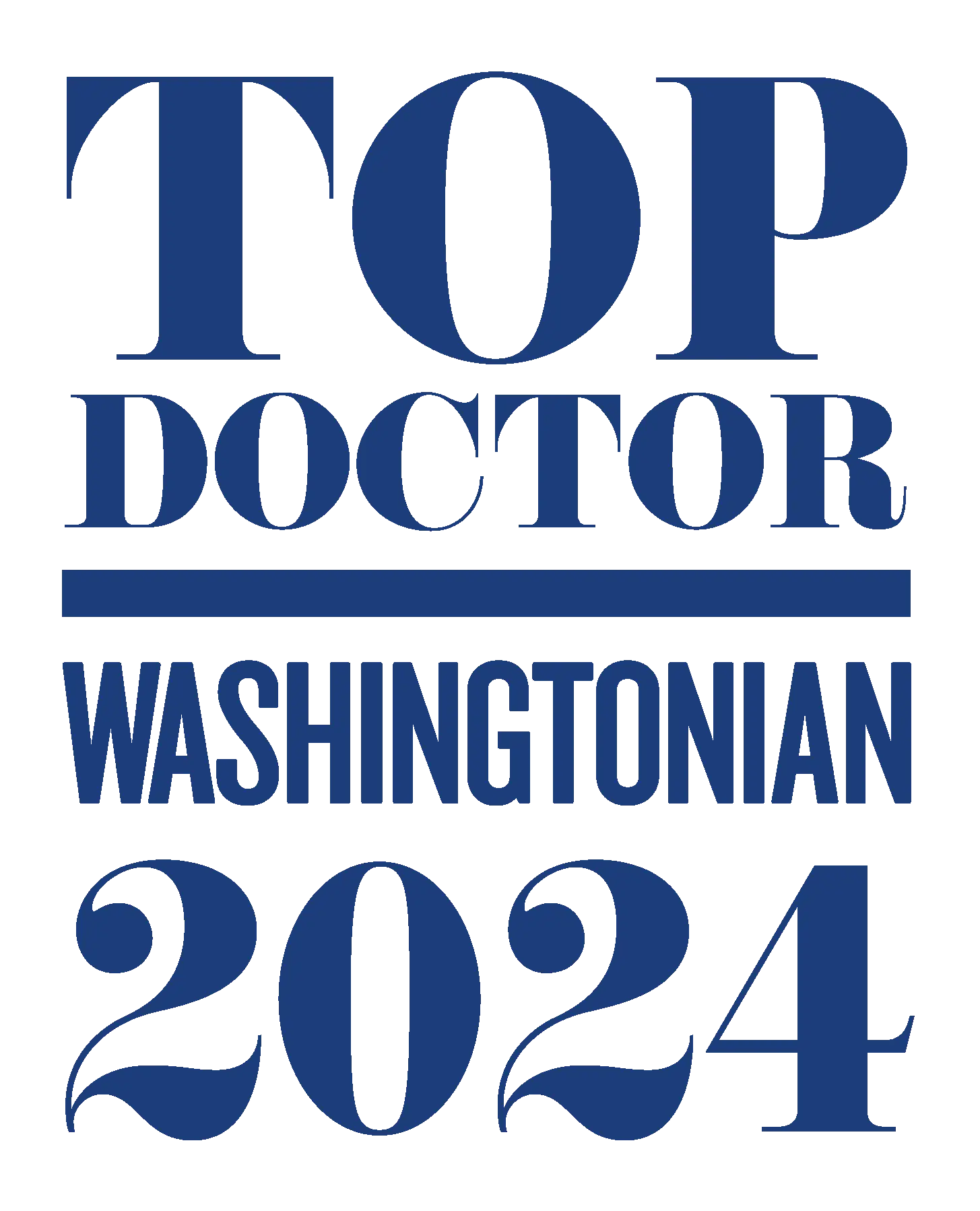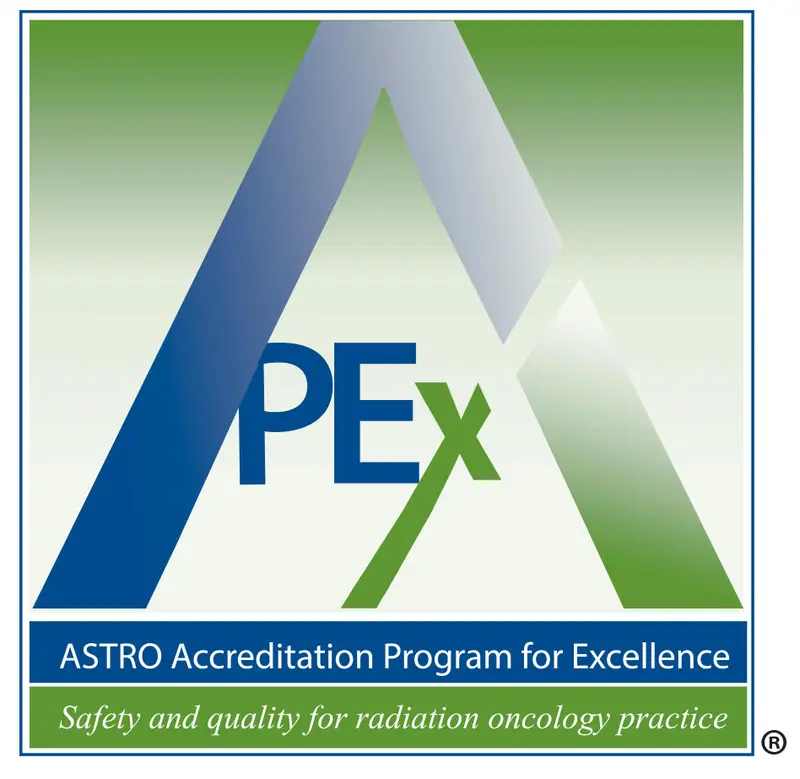If you’re a federal employee and have questions about continuing coverage, please speak to your Patient Benefits Specialist and visit our insurance page here: virginiacancerspecialists.com/insurance/. Exciting News! Our Gainesville Office has moved to Bristow – 9450 Innovation Drive, Manassas, VA 20110. Same great providers and care team, same exceptional care, new, larger space to better serve our patients.
A preparation of autologous T-lymphocytes that have been electroporated with an mRNA encoding a chimeric antigen receptor (CAR) consisting of an anti-human hepatocyte growth factor receptor (HGFR or cMet) scFv (single chain variable fragment) and the zeta chain of the TCR/CD3 complex (CD3-zeta) coupled to the co-stimulatory molecule 4-1BB (CD137), with potential antineoplastic activities. Upon intratumoral administration, cMet CAR-mRNA electroporated autologous T lymphocytes direct T-cells to cMet-expressing tumor cells, which induces a selective toxicity in cMet-expressing tumor cells and causes tumor cell lysis. The 4-1BB co-stimulatory molecule signaling domain enhances activation and signaling after recognition of cMet. The inclusion of the 4-1BB signaling domain may increase the antitumor activity as compared to the inclusion of the CD3-zeta chain alone. The mRNA CAR is expressed for a limited amount of time, which can prevent serious, unforeseen side effects. cMet, a receptor tyrosine kinase overexpressed or mutated in many tumor cell types, plays a key role in cancer cell growth, survival, angiogenesis, invasion, and metastasis. Check for active clinical trials using this agent. (NCI Thesaurus)
Related Posts
Recent Posts





